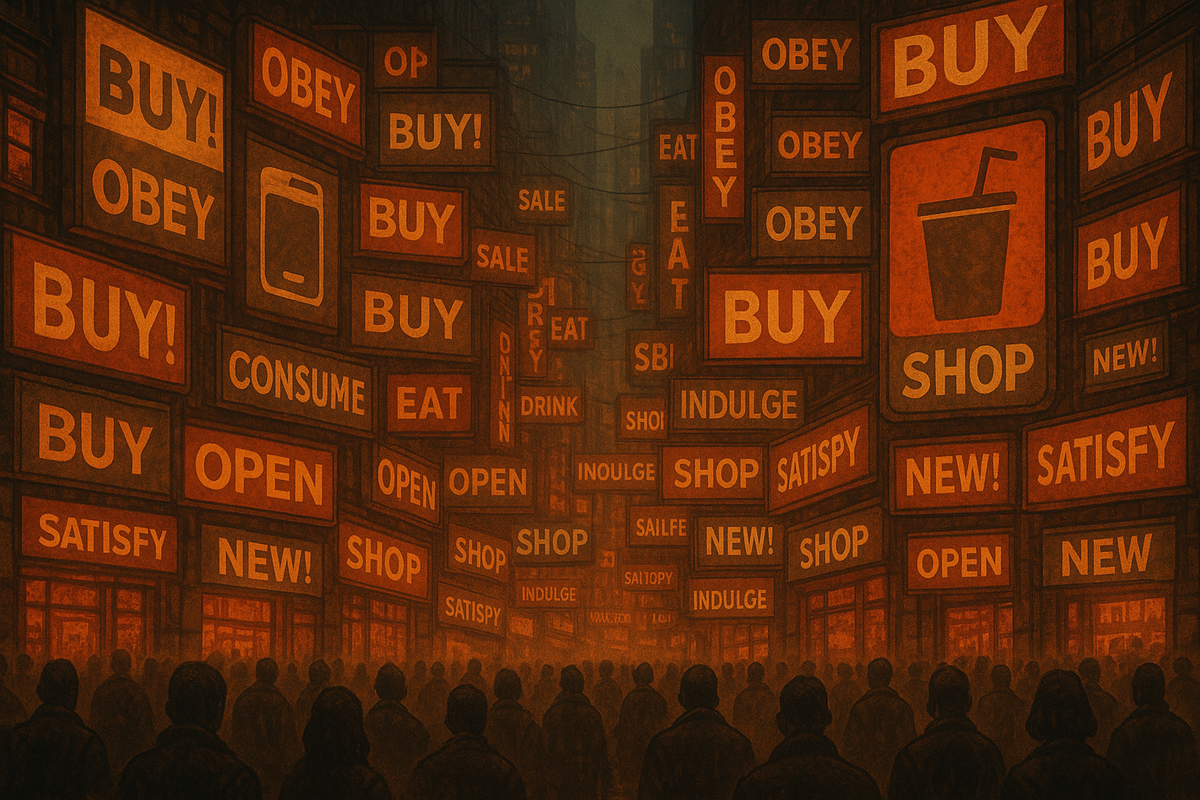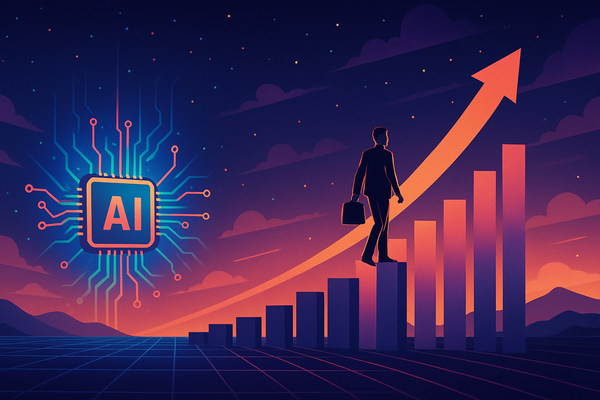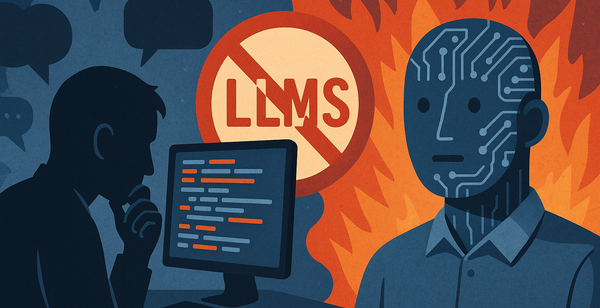Some thoughts on gen-AI ads
It’s going to be wonderful and terrible

So now we have reasonably convincing AI-generated ads. Ever since the (originally rather traumatic) Will Smith spaghetti video, this seemed inevitable. A few thoughts about what this means, in no particular order.
First, if you’re not using these tools, you really need to start. It almost doesn’t matter what job you have, you absolutely need to start exploring how these work and try to implement them into your daily workflow. We are living through a revolution akin to the spread of the microcomputer. Whether or not it is something that is critical to your business flow is beside the point. Carpenters, pilots, and surgeons use computers—not just accountants, lawyers, and YouTube influencers. To the extent that you can get a head start in deploying these technologies into your day-to-day workflows, you will be far ahead of the competition.
Furthermore, as adversarial AI becomes more dominant (see point 4 below), developing the skills to effectively deploy friendly AIs on your behalf will be critical.
Second, there seems to be a narrative out there among even technical people that AI is somehow bad, useless, that it will destroy jobs (so not acutally useless, then?), or that it’s destroying the planet. This latter concern is especially silly, but regardless of what you think about the other points, it is going to happen. The productivity implications are too staggering for society to ignore. Everyone—especially technical types—who isn’t getting on this train will be left behind, regardless of what they think about AI (and regardless of whether AI is or isn’t “good” in some cosmic sense).
Third, having skills like an eidetic memory are increasingly going to matter less. That kind of thing has already become less valuable after Web 1.0, but the relative edge that it provides is going to become like the ability to do quick mental math in the era of calculators: a neat party trick (and a good way to look smart), but pretty useless day-to-day.
Broader-scope problem-solving abilities will win the day. LLMs are great at taking specific instruction, but figuring out how to architect a problem and map out a general solution is still a major area in which humans have an edge.
Fourth, self-control and the ability to self-moderate tech exposure is going to become the defining personality trait of successful people more generally. This is already true to some extent: the way to avoid getting sucked into digital lotus trees like Facebook is not to login. In an era of AI-generated superstimulus, though, things are going to get much more intense. In the same way that ultraprocessed food can create temptations that are nearly impossible to ignore—creating flavors and textures that could not have existed in nature and that successfully hack our natural survival instincts—LLM-generated content will be impossible to ignore. Imagine Doritos, but with heroin added as the millionth ingredient.
If you’re not already running adblockers and content blockers, download them now and start learning how to self-moderate things you don’t want to see. Personally, I already think paying for search is worth it. Figure out a strategy to manage (or exit) algorithmic social media but still maintain contact with those in your life who matter to you.
Put another way, nobody wants to see someone jump off a building, but if it happens while you’re nearby, it’s impossible to ignore it. The entire internet is soon to filled with impossible-to-resist chumboxes, autoplaying videos, and content forms exploiting AR and VR we haven’t even yet imagined—all of them designed for you, just perfectly for you—that grab your attention no matter how much you wish they didn’t. Intelligence is no more of an inoculation against this kind of manipulation than physical fitness is a protection against smoking.
We are living in a bit of a golden age now, where these models are designed with users’ interests in mind and sold as a consumption product. Those will always exist—for a fee—but they will soon be in competition with adversarial models.
Now is an exciting time, but the window to prepare for the coming benefits and challenges of an AI-powered Web is getting ever-narrower.




